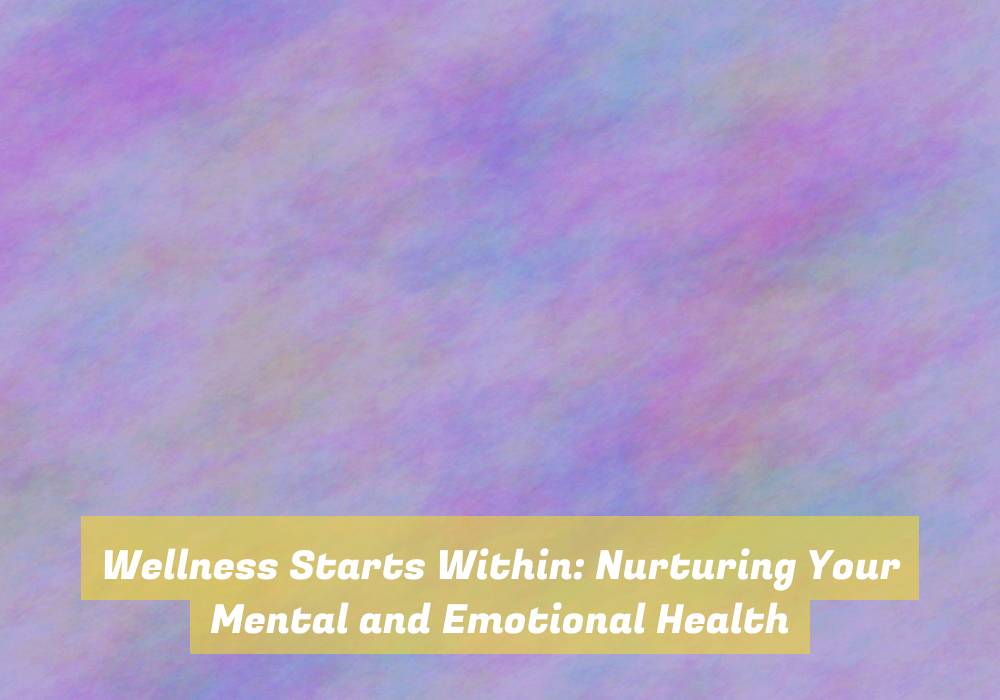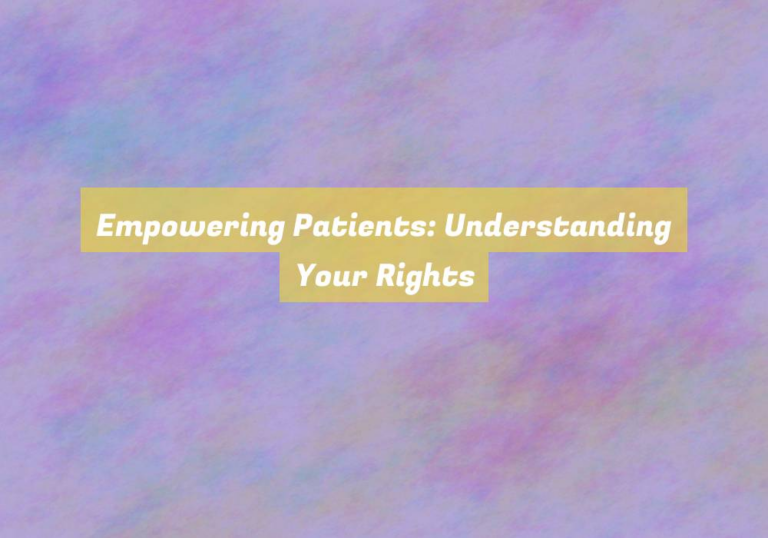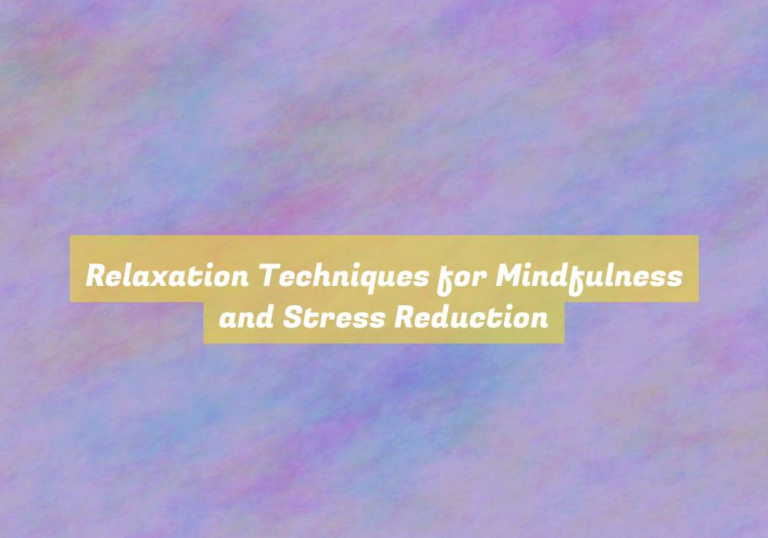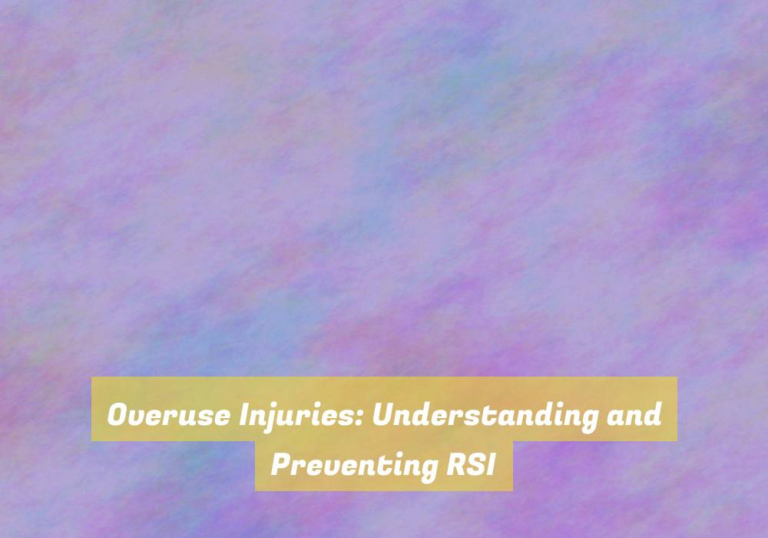Wellness Starts Within: Nurturing Your Mental and Emotional Health
Understanding your mental and emotional well-being is crucial to living a fulfilling and balanced life. ItG??s not just about physical health; your mental and emotional health are equally important.
But where do you begin? How do you nurture and prioritize your mental and emotional wellness? ItG??s a journey worth embarking on, and in the following discussion, we will explore the essential aspects of nurturing your inner well-being.
Understanding Mental Health
To understand mental health, itG??s essential to recognize that it encompasses your emotional, psychological, and social well-being.
Your emotional health reflects how you feel and handle your emotions. It involves understanding and expressing your feelings, as well as being aware of and coping with stress.
Your psychological well-being is about your mind and how it functions. It includes your ability to solve problems, make decisions, and cope with lifeG??s challenges.
Social well-being relates to your interactions with others and the community. It involves building supportive social networks, fostering a sense of belonging, and creating a safe and supportive environment.
Understanding these aspects of mental health allows you to recognize the interconnectedness of your emotions, thoughts, and relationships. It empowers you to take proactive steps to nurture your mental health by seeking support, practicing self-care, and developing coping strategies.
Embracing Emotional Well-being
Embracing emotional well-being involves understanding and managing your feelings in a healthy and constructive manner. ItG??s essential to acknowledge that all emotions, whether positive or negative, are valid and part of the human experience. Embracing emotional well-being doesnG??t mean being happy all the time, but rather, itG??s about developing the skills to navigate and cope with a range of emotions effectively.
One way to embrace emotional well-being is by practicing self-awareness. Take the time to recognize and understand your emotions without judgment. This can help you identify what triggers certain feelings and how they manifest in your body and behavior. Additionally, developing healthy coping mechanisms, such as mindfulness, deep breathing, or seeking support from loved ones, can contribute to emotional well-being.
Furthermore, embracing emotional well-being involves fostering healthy relationships. Surrounding yourself with supportive and empathetic individuals can positively impact your emotional health. ItG??s also important to set boundaries and communicate your emotions effectively within these relationships.
Practices for Inner Peace
Cultivating inner peace involves incorporating daily mindfulness practices to center your thoughts and emotions. Begin your day with a few minutes of meditation or deep breathing exercises. This sets a positive tone for the day, helping you to approach challenges with a calm and clear mindset.
Throughout the day, take short breaks to practice mindfulness. Whether itG??s a brief walk outside, a moment of deep breathing at your desk, or simply focusing on the sensations of eating your lunch, these small moments of mindfulness can help anchor you in the present and reduce stress.
Another practice for inner peace is journaling. Take a few minutes each day to write down your thoughts and feelings. This can help you process emotions, gain clarity, and release any mental tension.
Additionally, engaging in activities that bring you joy and relaxation, such as yoga, painting, or listening to music, can serve as powerful tools for inner peace.
Lastly, practice gratitude. Take time to reflect on the positive aspects of your life, expressing gratitude for them. This practice can shift your focus away from stressors and towards the abundance in your life, fostering a sense of inner peace.
Building Resilience and Coping Strategies
As you explore building resilience and coping strategies, remember that the mindfulness practices youG??ve been incorporating can also serve as a foundation for strengthening your mental and emotional well-being.
Building resilience is about developing the ability to adapt in the face of adversity, trauma, or significant sources of stress. One effective strategy is to cultivate a strong support system. Surround yourself with people who uplift and encourage you, and donG??t hesitate to lean on them during challenging times.
Additionally, practicing positive thinking can help shift your perspective and build resilience. When faced with setbacks, try to reframe the situation in a more optimistic light.
ItG??s also important to embrace flexibility and adaptability. Life is unpredictable, and being able to adjust your mindset and approach when things donG??t go as planned can greatly enhance your resilience.
Finding healthy ways to cope with stress is equally crucial. Engage in activities that bring you joy and relaxation, whether itG??s exercising, meditating, or spending time in nature.
Conclusion
Take the time to prioritize your mental and emotional health.
Nurture your inner well-being through self-care practices and coping strategies.
Embrace your emotions and build resilience to face lifeG??s challenges.
Remember, wellness starts from within, so take care of yourself and seek help when needed.
Your mental and emotional health are just as important as your physical health, so make them a priority in your life.






